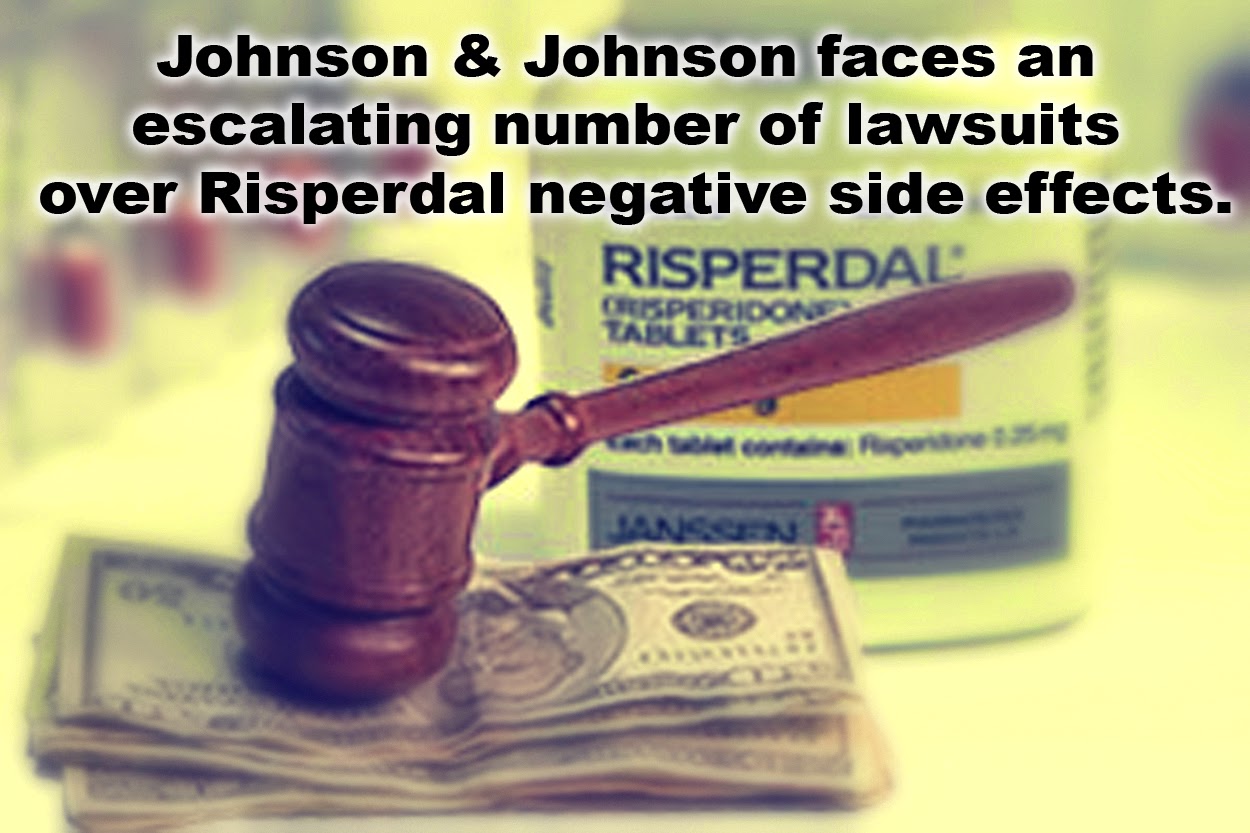In 1993, Risperdal was approved by the U.S. Food and Drug Administration (FDA) for the treatment of psychotic disorders, such as schizophrenia. Later on, Risperdal was prescribed for other uses. Unfortunately, several doctors have prescribed Risperdal for unapproved uses, with some resulting in serious health complications. As a result, lawsuits against Johnson & Johnson (J&J) and its Jannsen unit are pursued by the affected patients. Some of the patients seek assistance through http://www.risperdalinjuryfirm.com/ .
The FDA has been investigatingRisperdal sales practices since 2004, including allegations that the company marketed the drug for unapproved uses. As a result a number of settlements have been dealt by the company through the years.
A number of lawsuits have been filed in the recent years with plaintiffs claiming that the use of the antipsychotic medication caused patients to suffer a variety of serious side effects, specifically gynecomastia or the abnormal breast growth among males. According to legal resources, majority of the lawsuits have been filed as individual claims, rather than Rispderal class action lawsuits.
In 2013, J&J tried to protect itself against the threat of being a target of litigation by paying the victims at least $2 billion for the damages. Experts say that this is one of the largest penalties ever levied for misbranding a drug.
The FDA originally approved Risperdal for psychotic disorders including schizophrenia. It was later approved for other uses. However, the agency began receiving information in January 2012 about Janssen’s efforts to market Risperdal for other uses aside from schizophrenia. J&J made $34 billion onRisperdal sales after its introduction.
Risperdal's global sales peaked at $4.5 billion in 2007 and declined after the company lost patent protection. It generated $3.4 billion in sales in 2008, or 5.4 percent of J&J’s revenue, according to company filings. Sales of the drug fell to $527 million in 2010, according to earnings reports.
The issue of Risperdal is a considered a medical fraud because the drug was found to be misbranded or mislabeled and was indicated for unapproved uses. In addition, J&J was also discovered of paying kickbacks or extra fees to physicians, healthcare providers and the company named Omnicare Inc.
References:
healthcentral.com/schizophrenia/h/is-gynecomastia-from-risperdal-reversible.html
medscape.com/viewarticle/571416_6
ehealthme.com/ds/risperdal/gynecomastia
